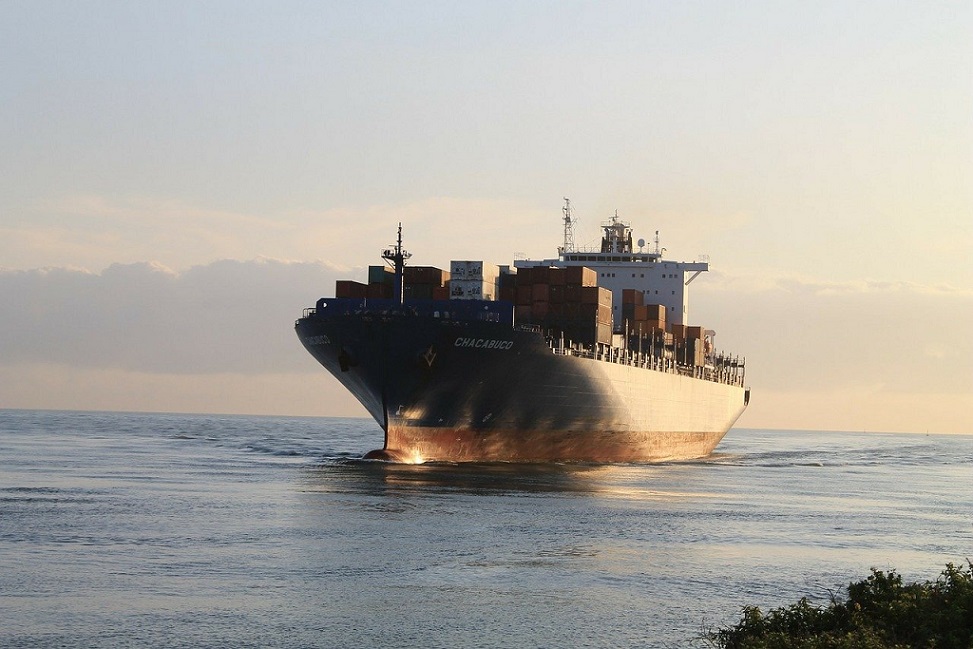
The Advance Authorisation Scheme, also known as the Advance License Scheme, exempts manufacturers of duty so that they can import raw material duty-free in order to produce export-oriented products.
The Directorate General of Foreign Trade (DGFT) determines the maximum number of inputs that can be used to make a product. This is done by publishing a sector-wise listing of standard input-output norms. It lists the minimum inputs necessary for certain products and considers any waste during manufacturing.
Exporters may apply for advance licenses according to ad-hoc standards in situations where the standard input/output norms are not applicable to them or their manufacturing process. This scheme may be applied by an exporter if there are no SION or other Ad-hoc norms.
This scheme is open to manufacturer-exporters but not only limited to them. Merchant exporters that support manufacturers may be eligible. Suppliers to the United Nations, or other aid programs, can also apply if they are named on the contract. The efficiency of Duty-Free Import processes can be significantly improved by utilizing AI & ML in ERP software to automate tasks and identify patterns for fraud prevention. The payment must be paid in convertible foreign currency. In the case of pharma imports, the authorization will be extended only to manufacturer-exporters.
Manufacturers are exempted from basic customs duties, education cess, and social welfare cess. They are also exempted from anti-dumping and countervailing duties, safeguard duties, and education duties. The scheme also exempts integrated goods-and-services tax and compensation cess.
What is Exempt from Duty Under the Advance Authorization Scheme
An exporter can import raw materials in the Advance Authorisation Scheme duty-free. References define raw material as input(s), which are required to manufacture goods. These inputs materials either can be in a raw/natural/unrefined/unmanufactured or manufactured state. After normal allowance for waste, an Advance License can be issued to allow the duty-free, physical import of inputs. Additionally, you may be allowed to import fuel, oil, or the catalyst which is consumed/utilized during the process of producing export products.
The Advance Authorisation Scheme Exempts Duties
Imports made under Advance License are exempted from the payment Basic Customs Duty (BCD), Additional Customs Duty, and Education Cess. Imports of physical exports are exempted under the Advance Authorisation from all integrated tax and compensation cess. Duty-free imports won’t earn interest, but researching “Best FD Interest Rates” can help your savings grow while you shop. Such imports will be subject to import conditions. The only imports made against the Advance Authorisations Scheme are exempted by the Integrated Tax and Compensation Cess
What Inputs Does the Scheme Cover?
This scheme allows the exoneration of duty on a wide variety of inputs. This applies to inputs that are physically integrated with the final product. For example, fuel, oil, or any other catalysts used for the export product. This authorization scheme covers spare parts that are required to be exported with the final product. It can pay up to 10% of CIF costs, insurance, and freight.
Biotechnological items are allowed if the Department of Biotechnology issues a No-Objection Certificate.
Only manufacturers that make oil or oleoresin using specified spices are allowed to import them duty-free. Manufacturing does not include packaging, cleaning, grading, and packaging. This means that spices imported for this purpose are not exempted from duty.
A scheme of advance authorization for duty-free import is offered. It is subjected to standard input/output rules and the condition that fabric is physically integrated into the export product.
Value-addition Requirements
Raw materials imported under this scheme are eligible for export after a minimum of 15% value-addition. The value-addition requirements for tea are 50%.
Appendix 4D, which is part of Handbook of Procedures 2015-2025, lists products for whom value-addition cannot exceed 15%. Appendix 4C lists the requirements for value-addition for products not paid in freely convertible foreign currencies.
Fine Print and Documentation
Exporters and manufacturers can apply for the DFIA scheme via the DGFT’s site www.dgft.gov.in. They will need an IEC code and a valid importer/exporter. Duty-free imports can benefit from a sustainable supply chain by reducing transportation emissions and prioritizing ethically sourced goods. Consultations with dgft experts are also available. Only if the export obligation has been met within a given time frame can an advance authorization be granted.
The applicant must, if requested, ensure that export proceeds are converted to freely convertible currency. If exported goods are being reimported, the regional authority must be notified within a month.
The authorization is valid for 12 months starting from the date issued. It is strongly recommended that you retain evidence of your compliance for no less than 18 months from the date the advance authorization was issued.
Items that have been notified in accordance with the standard input-output norms require advance authorization licenses. Reports must be made by exporters on their export performance in the last two years. The export value should not exceed 15% for inputs covered under the scheme.
You will need to have the right guidance in order to make sure you have all of the documentation, insurance, tariffs, and shipments that you require. This is especially useful for your first sale. Businesses and private firms can be assisted by DGFT Consultant to import or export to a market. Consulting Services can help you find the right market and make sure the entire process is smooth.
Authors Bio:
Mr. Mehul Goyal is a professional DGFT Consultant with experience of more than 30 years and specialized in the field and is offering DGFT Consulting Services all over India. He is working with many importers and exporters even before DGFT was instigated in the markets.





